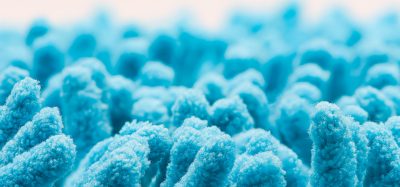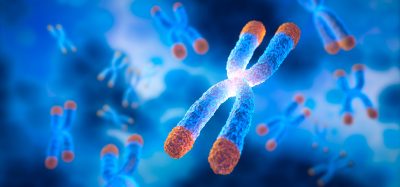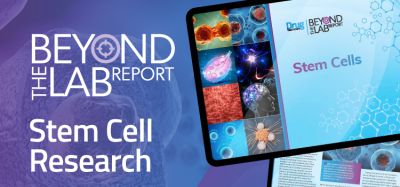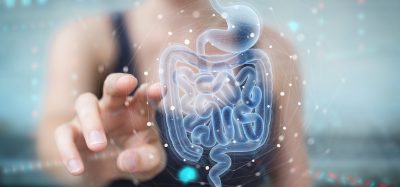Enhanced NPC cultivation furthers understanding of kidney disease
Posted: 7 May 2024 | Drug Target Review | No comments yet
Induced NPCs facilitate the creation of patient-specific organoid models and improve identification of nephron targeted drugs.
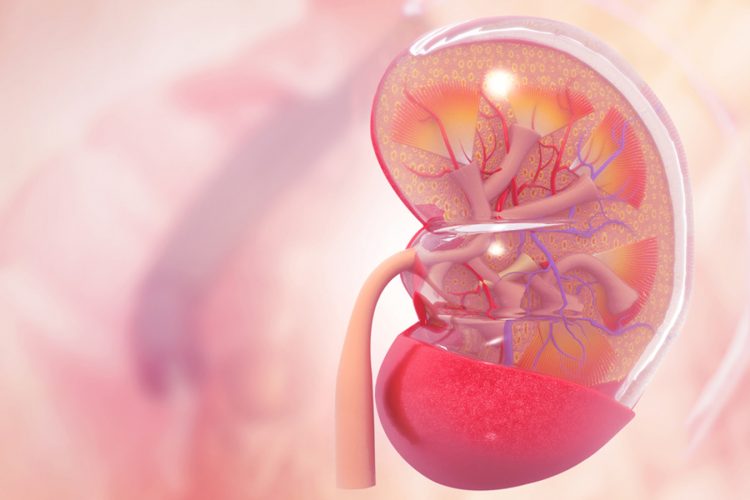

Researchers from the University of Southern California (USC) have reported significant progress in cultivating nephron progenitor cells (NPCs), which hold great promise for understanding kidney development, modelling diseases, and discovering new treatments.
Dr Zhongwei Li, lead and corresponding author who is assistant professor of medicine, and stem cell biology and regenerative medicine at the Keck School of Medicine of USC explained: “By enhancing our capability to grow NPCs from human stem cells, we create a new avenue for understanding and combating congenital kidney diseases and cancer.”
The team improved the chemical cocktail for generating NPCs which enabled the sustained growth of both mouse and human NPCs in a simple two-dimensional format. This is a significant improvement over the previous three-dimensional system, which was more cumbersome and limited the ability to perform genome editing on the cells.
Additionally, the cocktail enables the expansion of induced NPCs (iNPCs) from human pluripotent stem cells, which closely resemble native human NPCs. Using this approach, iNPCs can be generated from any individual starting with a simple blood or skin biopsy, which will facilitate the creation of patient-specific kidney disease models and improve efforts to identify nephron targeted drugs. Furthermore, the cocktail is powerful enough to reprogramme a podocyte into an NPC-like state.
To demonstrate the practical applications of their breakthrough, the team conducted genome editing on the NPCs. This screening found previously implicated genes, as well as novel candidates. The researchers introduced the genetic mutations responsible for polycystic kidney disease (PKD) into the NPCs. The NPCs formed into mini-kidney organoids exhibiting cysts. Then the organoids were utilised to screen for drug-like compounds that inhibited cyst formation.
“This breakthrough has potential for advancing kidney research in many critical ways—from accelerating drug discovery to unravelling the genetic underpinnings of kidney development, disease, and cancer,” said Dr Li. “Importantly, it also provides supplies of NPCs as critical building blocks to build synthetic kidneys for kidney replacement therapy.”
This study was published in Cell Stem Cell.
Related topics
Drug Targets, Genome Editing, Induced Pluripotent Stem Cells (iPSCs), Organoids, Stem Cells
Related conditions
polycystic kidney disease (PKD)
Related organisations
University of Southern California (USC)
Related people
Dr Zhongwei Li (USC)




